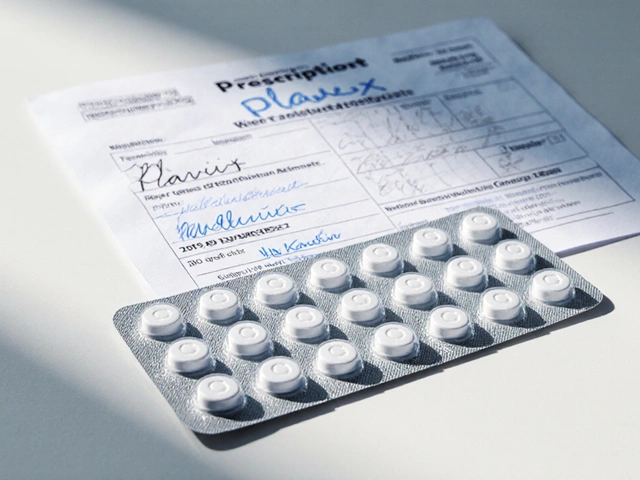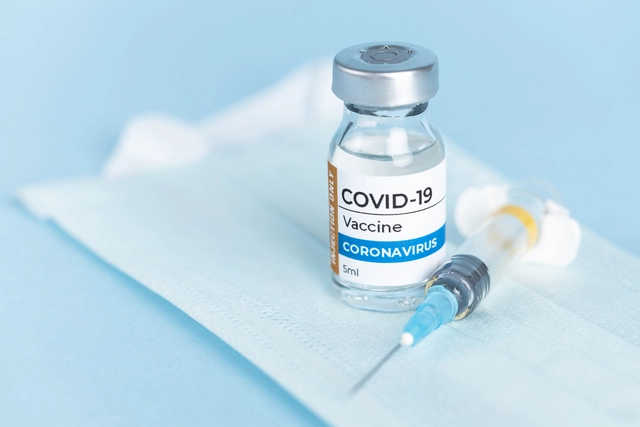Motilium alternatives: what to try when domperidone isn’t an option
Can’t take Motilium (domperidone) or worried about its heart risks? You’re not stuck. There are several drug and non-drug options that can ease nausea, bloating, or slow stomach emptying—each with different benefits and side effects. Here’s a clear, practical guide to help you talk with your doctor and pick the safest choice.
Drug alternatives and what to watch for
Metoclopramide (Reglan) is a common prokinetic that speeds stomach emptying and controls nausea. It works fast for many people, but long-term use or high doses can cause movement problems (tardive dyskinesia). Doctors usually limit treatment length and monitor symptoms closely.
Erythromycin, an antibiotic, can act as a prokinetic at low doses by stimulating stomach contractions. It helps short term—useful in gastroparesis flares—but long-term use risks antibiotic resistance and gut side effects. Expect a doctor to reserve it for specific cases.
Prucalopride is newer and targets bowel motility more than stomach emptying, but some people with upper GI symptoms get relief. It has a cleaner cardiac profile than domperidone. Availability depends on country and approval for your condition.
Mosapride and itopride are prokinetics used in some countries (not always available everywhere). They often cause fewer central nervous system side effects than metoclopramide, but check local approvals and pricing.
Antiemetics like ondansetron treat nausea well but don’t speed gastric emptying. They’re an option if nausea is your main complaint. Keep in mind some antiemetics can affect the QT interval—mention any heart issues to your prescriber.
Non-drug approaches that help a lot
Diet changes are low-risk and often effective. Try smaller, more frequent meals, avoid high-fat or very high-fiber foods that slow digestion, and eat slowly. Liquid nutrition and pureed meals can move through the stomach faster if solids cause trouble.
Ginger and peppermint can reduce nausea for many people. You can use ginger tea, candied ginger, or low-dose ginger supplements—talk to your doctor if you’re on blood thinners or other meds.
Physical measures like walking after meals or avoiding tight clothing across the abdomen sometimes ease symptoms. In refractory cases, doctors may suggest gastric pacing, botulinum injections, or dietary support via feeding tubes—these are for severe, persistent problems only.
Always track symptoms: what you ate, timing, and how severe the symptoms are. That helps your clinician adjust treatment and spot medication side effects early.
Final practical tip: don’t switch or start a drug without medical advice. Ask about heart checks (ECG), treatment duration, and signs that mean stop the medicine. With the right mix of fixes—medication, diet, and monitoring—you can find relief without taking unnecessary risks.

Motilium Alternatives: Top 6 Options for You
Explore six effective alternatives to Motilium for managing digestive issues. This article breaks down each option, detailing their pros and cons in simple terms. Whether you're seeking medication or natural remedies, you'll find valuable insights to help make an informed decision.
Read More




